A recently published news article in Nature Review Drug Discovery describes the growing interest from different research groups in the role of autophagy in cancer. Sprint Bioscience is featured as one of few companies in the world with a drug discovery program targeting autophagy in a new way.
Autophagy – the cells’ process to degrade and recycle itself – has generated interest within cancer research for a long time. Many studies have shown that the processes connected to autophagy play an important role when tumor cells proliferate, but previous setbacks in different drug development programs dampened the interest for some time.
The review article in Nature describes how an increasing number of research groups and companies around the world again see potential in inhibiting autophagy. New research findings show a clear effect on tumor cells when autophagy is attacked in new ways and in new combinations, and researchers interviewed in the article ask for more drug candidates to develop the field further.
Sprint Biosciences’ Vps34-program is highlighted as one of the very few concepts that can meet the need for new approaches within the autophagy field. Sprint Bioscience was first in the world to show that inhibition of Vps34 can restore the immune system’s ability to identify tumor cells. The finding has led to insights about the connection between autophagy and immuno-oncology – which Jessica Martinsson, Head of Operations at Sprint Bioscience, elaborates on in the article:
“We now have, still unpublished data showing that autophagy is a key immune escape mechanism,” Martinsson says. The company’s VPS34 inhibitor seems to promote inflammation in the tumor microenvironment to enhance immune surveillance. “We’re basically making cold tumors hot,” she says, noting that the drug — which she hopes will enter first-in-human trials in 2020 — pairs well with checkpoint inhibitors in preclinical testing.”
Read the full article here:

